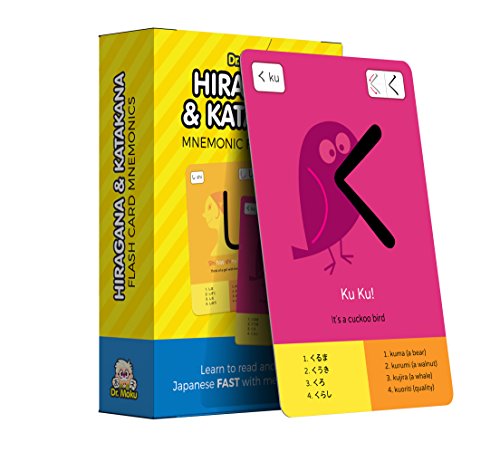In today’s fast-paced world, the ability to retain and recall information quickly is a valuable skill. Whether you’re a student preparing for exams, a professional tackling new challenges, or someone simply looking to sharpen their memory, these techniques can transform your learning process. Here are eight powerful methods to help you memorize faster and more effectively.
1. Chunking Information
Chunking involves breaking down large pieces of information into smaller, manageable chunks. For example, to remember a long string of numbers like 123456789, you can group them as 123-456-789. This technique leverages the brain’s natural ability to process information in chunks, making it easier to recall.
2. Use Mnemonics
Mnemonics are memory aids that help you link new information with familiar concepts. For instance, to remember the order of the planets in the solar system, you can use the phrase: “My Very Educated Mother Just Served Us Nachos” (Mercury, Venus, Earth, Mars, Jupiter, Saturn, Uranus, Neptune).
3. Visualize and Associate
Visual association involves creating mental images to represent information. For instance, if you’re trying to remember a grocery list, imagine a giant loaf of bread sitting next to a swimming pool of milk. The more vivid and absurd the image, the more likely it is to stick in your memory.
4. Practice Active Recall
Active recall is the process of testing your memory by retrieving information without looking at your notes. For example, after reading a chapter of a book, try summarizing it from memory. This strengthens neural connections and improves long-term retention.

10% discount COUPON
[copy_inline text=”DOER”]

COUPON CODE
[copy_inline text=”ENDOCADOER”]
5. Spaced Repetition
Spaced repetition involves reviewing information at increasing intervals over time. This technique combats the forgetting curve and helps embed knowledge in your long-term memory. Tools like Anki and Quizlet are excellent for implementing spaced repetition in your study routine.
6. Teach What You Learn
Teaching forces you to break down complex ideas into simpler terms, reinforcing your understanding and memory. Explain new concepts to a friend, family member, or even to yourself in front of a mirror. The process of articulation solidifies the information in your mind.
7. Create a Study Environment
Your surroundings play a significant role in memory retention. Minimize distractions, keep your workspace organized, and study in a place that promotes focus. Associating certain locations with specific topics can also enhance memory recall.
8. Engage Multiple Senses
The more senses you involve in the learning process, the better your retention. For example, read information aloud, write it down, or use colorful diagrams and illustrations. Engaging multiple senses creates stronger neural pathways, making the information easier to recall.
Improving your memory isn’t about working harder; it’s about working smarter. By incorporating these techniques into your daily routine, you’ll find it easier to absorb and recall information. Experiment with these methods to discover which ones work best for you, and watch your memory skills soar!
Coupons and Promotions
Shop at Amazon
* This article contains affiliate links; if you click such a link and make a purchase, Doer Digitalz FZC may earn a commission.



